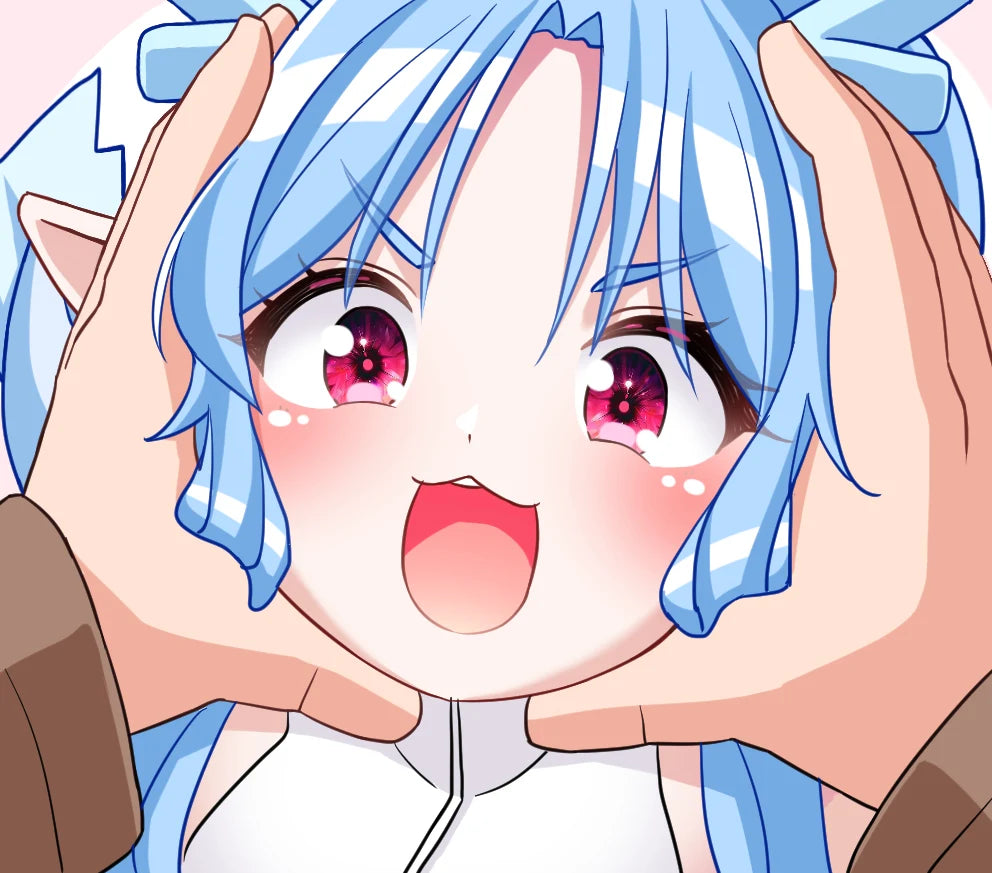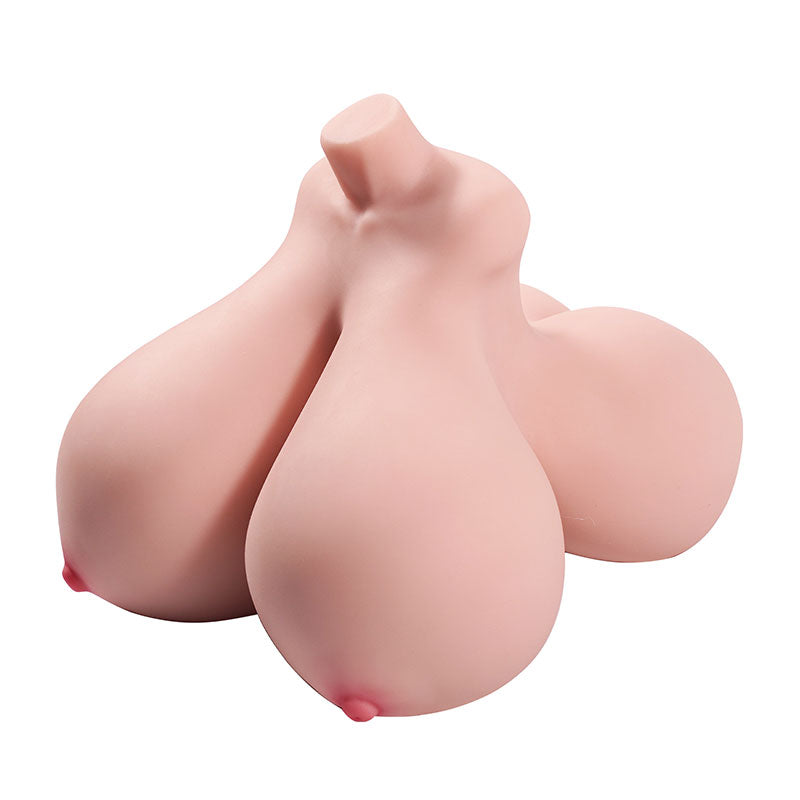What Does Senpai Mean? The Complete Guide from Japanese Culture to Anime Tropes

You've probably seen the phrase "Notice me, senpai!" online. It has become a global meme, often used as a playful way to get attention from someone you admire. While this meme captures a feeling of looking up to someone, the word 'senpai' has a much deeper meaning in Japan. It's a key part of the country's social structure, influencing relationships in schools, at work, and in daily life. The true meaning of senpai involves a complex system of hierarchy, mentorship, and social duty that has been part of Japanese society for centuries.
This guide will take a deep dive into the word "senpai." We'll explore where it comes from, its important role in Japan's social hierarchy, and how it became a famous trope in anime and manga. By the end, you'll have a full picture of what 'senpai' really means and understand why this single word has captured the world's attention.
Tables of Contents:
The Foundation—The Senpai-Kōhai Relationship in Japan
To really get what "senpai" means, you first need to understand the senpai-kōhai relationship. This is a core concept in Japan that sets the unwritten rules for how people interact in almost any group setting. The system is built on seniority and experience, creating a clear social structure.
The Meaning of Seniority

The word 先輩 (senpai) is made of two kanji characters: "previous" (先 ) and "mate" ( 輩 ). So, it literally means "previous mate" or someone who came before you.
The opposite is 後輩 (kōhai) , which means "later mate"—someone who came after you. This relationship is based on when a person joins a group, which means it isn't always about age.
You might also see the word spelled 'sempai.' The official spelling is 'senpai' but it often sounds like 'sempai' when spoken. This is because of a natural sound change in Japanese where the 'n' sound shifts to an 'm' before a 'p'. A similar thing happens with the word 'tempura' which is spelled 'tenpura' in Japanese.
A Pillar of Japanese Society
The senpai-kōhai system is a social hierarchy with roots in Confucianism, which emphasizes order and respect for elders. In this system, the senpai's role is to be a mentor. They are expected to guide and support their juniors, and this is seen as a social responsibility. In turn, the kōhai's role is to show respect and listen to their senpai. This is done through polite language ( keigo ) and actions, like pouring drinks for seniors at a work party or handling basic chores for a school club.
You can see this dynamic in many real-life situations:

· In Schools: In after-school clubs ( bukatsu ), first-year students are automatically the kōhai to all older members. They are often expected to do tasks like cleaning and preparing equipment, which is meant to teach discipline and respect.

· In the Workplace: Seniority is determined by when you joined the company. A junior employee is expected to be deferential, for example, by taking the seat closest to the door during meetings (shimoza).
This system helps create strong mentorships, but it can also lead to a rigid environment. Sometimes, a junior member might feel pressure not to challenge or even do better than their senpai so the senpai doesn't "lose face."
Senpai in Context—A Guide to Japanese Honorifics
To fully understand senpai, it helps to compare it with other Japanese honorifics, especially the term sensei.
Senpai vs. Sensei—The Critical Difference

Although both terms refer to a senior person, their roles are quite different.
· A Sensei (先生 ) is a formal title for a "teacher," "master," or a professional with special knowledge, like a doctor or a martial arts instructor. Their authority is official and comes from their expertise.
· A Senpai (先輩 ) is a senior peer or mentor within the same group . Their seniority is based on having more experience in that specific setting, and their authority is informal.
For example, in a martial arts dojo, the main instructor is the Sensei . A student who has been there longer and has a higher belt is the s enpai to a newer student.
The Japanese Honorifics Comparison Table
This table helps clarify the different social meanings of these important Japanese terms. This kind of clear, organized information is helpful for readers and is also something search engines like to feature.
|
Honorific |
Meaning/Usage |
Context/Relationship |
|---|---|---|
|
Sensei (先生 ) |
Teacher, Master, Doctor |
Formal instructor/expert to student/client. Based on professional authority. |
|
Senpai (先輩 ) |
Senior, Upperclassman |
Senior peer to junior peer within the same group. Based on tenure/experience. |
|
Kōhai (後輩 ) |
Junior, Underclassman |
Junior peer to senior peer. Used to describe someone, not as a direct address. |
|
-san (さん ) |
Mr., Ms., Mrs. |
General polite suffix for peers or superiors. The standard default honorific. |
|
-kun (くん |
Mr., Ms., Mrs. |
Used for males of equal or lower status. Also used by seniors to address juniors. |
|
-chan (ちゃん ) |
(Diminutive/Affectionate) |
Used for children, close female friends, and pets. Implies intimacy. |
|
-sama (様 ) |
Lord, Honored Sir/Madam |
Highest level of respect. Used for customers, deities, or royalty. |
From Respect to Romance—Senpai in Anime and Online Culture
While the senpai-kōhai relationship is a complex part of Japanese society, its portrayal in anime and manga has introduced a very specific, romanticized version to the rest of the world.
The "Notice Me, Senpai" Trope

In anime set in schools, the senpai-kōhai dynamic is a very common storyline. The classic plot involves a younger character (the kōhai) who has a crush on an older, more experienced, and often clueless senpai. This setup is great for telling stories about unrequited love and the desire for approval from someone you admire. Shows like Ouran High School Host Club and Rascal Does Not Dream of Bunny Girl Senpai have helped make this image of the senpai as a love interest very popular.
Anime often portrays these senpai characters as being very attractive, which has influenced what fans find appealing. This has even carried over into fan culture and product design, where certain looks are seen as the senpai's ideal type. For example, collectible figures like the Ella from MrlSexDoll are often crafted with features that call to mind popular anime heroines. With a curvy, MILF-style body, she represents the kind of mature figure a protagonist's beloved senpai might have, blurring the line between on-screen admiration and real-world art.
Birth of a Meme

The phrase "Notice me, senpai" isn't a direct quote from a specific show, but it perfectly sums up the feelings of this common trope. It became a viral meme on Tumblr around 2012 and quickly spread across the internet. Today, people use it on social media to get the attention of celebrities and creators they look up to. Through this process, the deep Japanese concept of "senpai" was simplified for a global audience, with its meaning shifting to something closer to "crush" or "idol."
The Dark Side of Devotion—Senpai and the Yandere Trope

Anime doesn't just show the sweet side of admiring a senpai; it also explores a much darker version through the 'yandere' character type. The word "yandere" is a mix of yanderu (to be mentally ill) and deredere (lovestruck). A yandere is a character who seems sweet and loving at first but is actually hiding a violent, psychopathic obsession with their love interest, who is often a senpai.
This trope is a twisted take on the kōhai's role. A normal kōhai is loyal and respectful, but a yandere takes these traits to a terrifying extreme. Their "loyalty" becomes obsessive possession, and their idea of "supporting" their senpai involves violently getting rid of anyone they see as a rival. In these stories, the senpai becomes an object to be won and controlled. The yandere trope inverts the power dynamic, showing the scary potential of devotion when it's pushed to a psychological extreme.
Frequently Asked Questions (FAQ)
Q: What is the main difference between senpai and sensei?
A: A 'senpai' is a senior peer in your group, like an older student or a coworker with more experience. A 'sensei' is a formal teacher or master, like a schoolteacher or a doctor, who has professional authority.
Q: Is the term 'senpai' only used in schools?
A: No. While it's very common in schools, the senpai-kōhai relationship is also a key part of workplaces, sports teams, and other groups in Japan. Seniority is based on who has been in the group longer.
Q: Why is 'senpai' so popular in anime and memes?
A: Anime often highlights the romantic side of the senpai-kōhai relationship, where a younger character has a crush on an older student. This is a very relatable idea, which led to the "Notice me, senpai" meme that simplified the term to mean an idol or crush.
Q: Does 'senpai' always have a romantic meaning?
A: No, not at all. In its original Japanese context, 'senpai' is mainly about respect and mentorship within a social hierarchy. The romantic meaning is mostly due to how it's shown in fiction and used in online culture outside of Japan.















